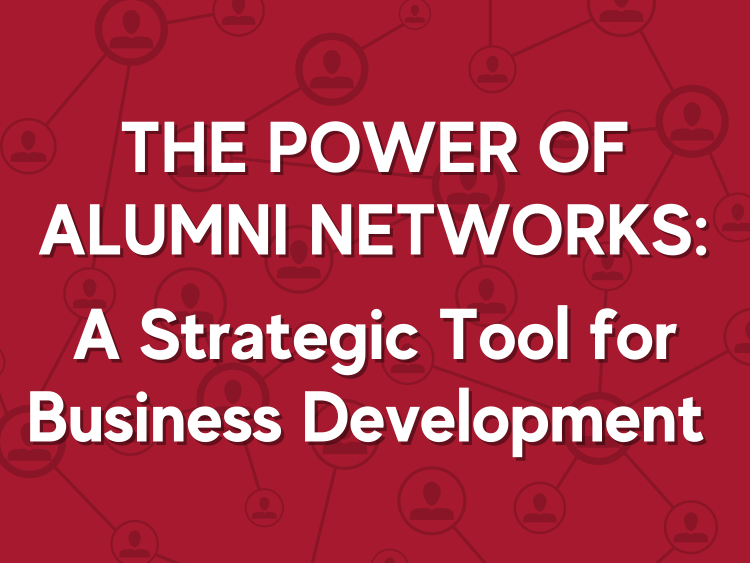A chance encounter reminded me recently that all of our experience is valuable and when we build on it, we strengthen our chance of success in the present.
We were in a restaurant in London and struck up a conversation with a woman sitting at the adjoining table. It turned out that Nicole had started her career in sales. She spent a year and a half cold-calling manufacturing companies to sell temporary staff services. From there, she went on to become a pharmaceutical rep for eight years. But she was willing to give that up. She wanted to do something else with her life.
During her sales career, she had volunteered for non-profits in third-world countries in Africa and other continents. After a couple of years, she decided to stop selling and pursue a master’s in global health and concentrate on helping people in Africa. As she started working in some of the most primitive areas of the world, she thought her career in sales was behind her.
That is not how it turned out.
Nicole has found that her sales skills are very helpful – even crucial – as she works to help others. In one rural village, her task was to teach a small number of women to communicate to the rest of the population about medical solutions and actions they could take to stay healthy, from minor ailments to the diagnosis and treatment of malaria. The health representatives were called “liaisons.”
The training went well, but the liaisons reported to Nicole that they were having trouble getting their messages across. They didn’t know how to communicate effectively. So Nicole taught them sales: How do you sell your message? What are you communicating? How do you discover a “pain point” and address it? How do listening skills help you understand your customer?
In another region, an organization wanted to convince residents to use toilets as a way of stopping the spread of disease. Again, the non-profit recruited some people in each area to convince their fellow villagers of the good sense of the project. They had what we would call sales quotas. The representatives heard the huge number that was expected to be installed over several months and felt overwhelmed. Nicole taught them how to break the number down – how many toilets were needed in each village and in what time frame? How many would be put in place each week, each month, and what steps could be put in place to reach that goal? They learned the fundamentals of sales, marketing and tracking productivity – all the things she thought she had given up when she enrolled in graduate school.
Nicole was clear that in Africa, just like in the United States or Europe, your sales and marketing ideas won’t succeed if the organization can’t back them up with a solid supply chain operation. In other words, promising a toilet when you can’t get it to the remote destination ruins your credibility and may make future endeavors impossible.
This conversation reinforced the fact that today marketing and sales permeates almost every aspect of the world and our lives. The ability to come from a strategic marketing perspective and frame things in way that’s meaningful to your audience is one of the most crucial and satisfying things we can learn.


